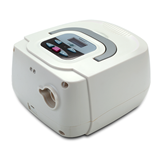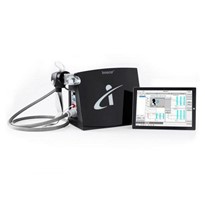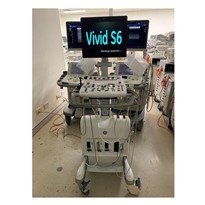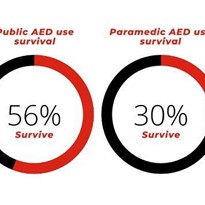In a groundbreaking effort to unravel the mysteries surrounding sudden cardiac arrest, Australian scientists, backed by the Heart Foundation and led by Dr. Elizabeth Paratz from the Baker Heart and Diabetes Institute, are embarking on the creation of the world’s most extensive registry for sudden cardiac arrest deaths. This initiative, known as CODEX-SD, will begin its data collection in Victoria and amalgamate information from two significant databases, connecting ambulance and forensic data for an unprecedented examination.
The CODEX-SD super-registry will offer researchers an unparalleled opportunity to closely investigate the causes of sudden cardiac arrests and explore potential preventive measures. This comprehensive database will serve as a central repository for cardiac arrest data nationwide, aiding researchers in scrutinizing rare conditions, identifying trends, and gaining insights into the cardiac experiences of under-represented populations.
Dr. Paratz emphasized that CODEX-SD is pivotal in guiding researchers toward understanding the genetic intricacies contributing to sudden cardiac arrest, a leading cause of death for individuals under the age of 50 in Australia. The registry aims to provide clarity in cases where, despite exhaustive investigations, there is no apparent cause for the tragic events leading to sudden cardiac arrest.
Sudden cardiac arrest occurs when the heart abruptly ceases to pump blood effectively throughout the body, and it can strike at any time and place. Immediate and appropriate intervention is crucial for survival, as 90 percent of individuals experiencing sudden cardiac arrest do not survive without prompt assistance.
Annually, around 25,000 Australians face out-of-hospital cardiac arrests, with 30 to 40 percent of cases remaining unexplained by doctors. Dr. Paratz expressed the importance of addressing this lack of closure for families, stating that understanding the genetic factors could not only bring solace to affected families but also help identify individuals at risk within the family.
The registry receives strong support from Jessica Maris, who tragically lost her husband Bryan at the age of 31 to sudden cardiac arrest. Bryan, an A-grade cyclist and exceptionally fit individual, succumbed to an unexpected cardiac event. Jessica emphasized the potential significance of an early electrocardiogram (ECG) in identifying conditions like Brugada syndrome, which was later suspected to be the cause of Bryan’s sudden cardiac arrest.
The Maris family’s endorsement of the registry underscores the critical need for comprehensive research in preventing sudden cardiac arrests, enabling early identification of genetic conditions, and ultimately saving lives. The initiative aims not only to advance medical knowledge but also to provide families with a clearer understanding and potential avenues for prevention.
Source: Heart Foundation














-160x160-state_article-rel-cat.png)























-205x205.jpg)